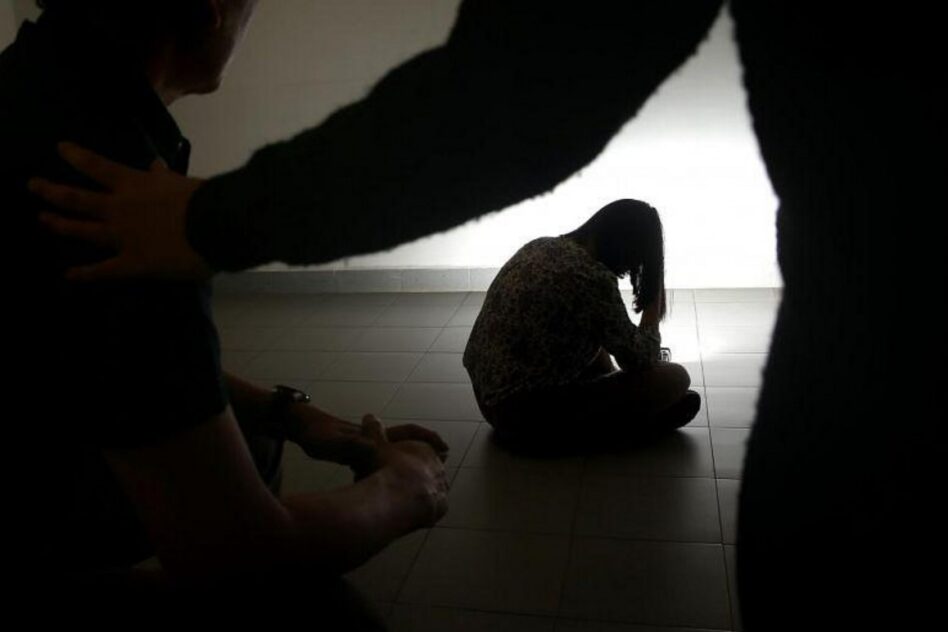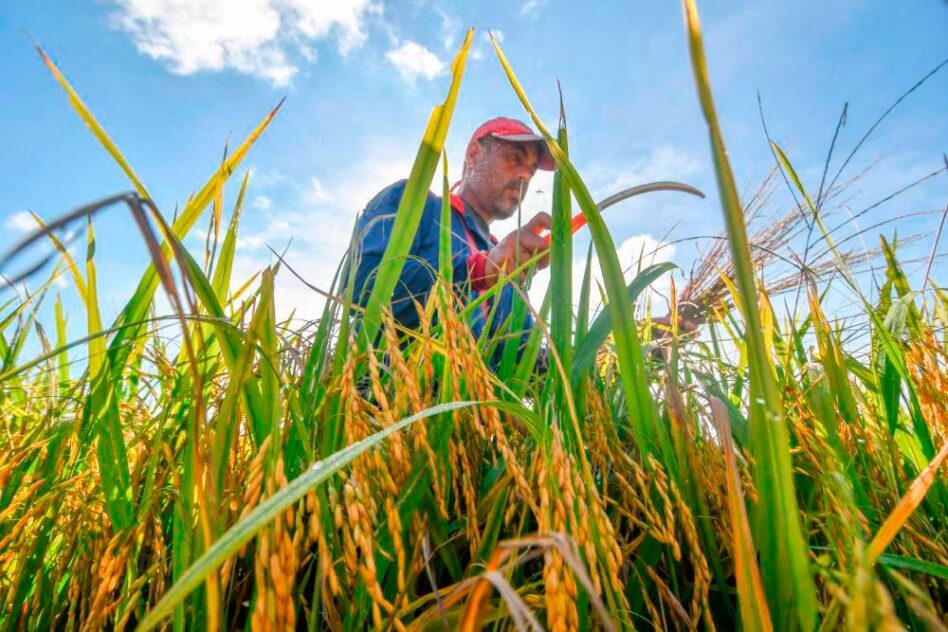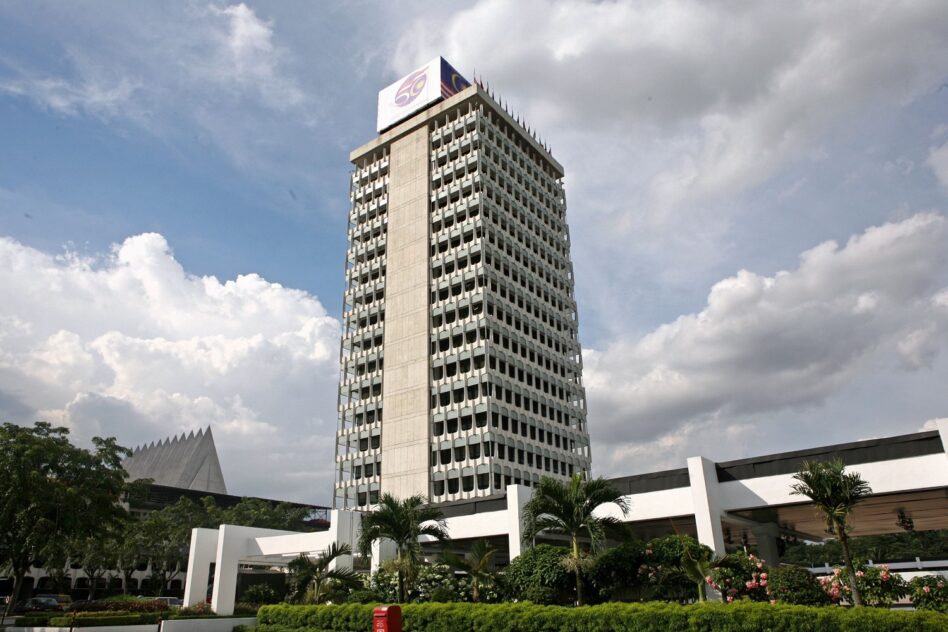MCA has expressed concern that the country’s sex registry system remains inaccessible to the general public with no significant positive changes made over the past four years despite previous calls for updates and broader access since January 2020.
Its information chief Chan Quin Er said given the ongoing prevalence of sexual crimes and recent string of child sexual abuse cases, it is disappointing that the registry is not effectively supporting the communities it is meant to protect.
“There is a concerning lack of urgency from the government in tackling sexual abuse, one of the country’s most pervasive crimes,” she lamented.
“A prime example is the outdated national sex offenders’ registry, also known as Malaysia’s Sexual Crime Registry. Despite being introduced in 2019, it has not reached its full potential.”
Established by the Women, Community and Family Development Ministry, the registry requires individuals to visit a Jabatan Kebajikan Masyarakat (JKM) office or state Social Welfare Department, present the ICs of the investigated individual, and provide a reason for access.
According to Chan, even then, it can take up to five working days to obtain results. This limited access, combined with a lack of transparency and unclear criteria for what constitutes a “valid reason” restricts its effectiveness as a tool for public safety and crime prevention.
No clear enhancements

Chan, who is also the Wanita MCA secretary-general, further noted that the registry’s limited public availability raises concerns about its update – since its launch, there have been no clear enhancements to ensure data comprehensiveness.
“Ideally, it should be an online system accessible to parents, employers, and the wider community,” she pointed out.
“Currently, it only documents cases from 2017 onwards, leaving undetected offenders unmonitored. It is also not searchable by name, year, or postal/area codes.
“Furthermore, it is unclear whether the system includes sexual offenders whose victims are individuals over 18 years old or local offenders who committed crimes overseas, as the establishment of the system is governed by the Sexual Offences against Children Act 2017 (Act 792).”
Chan went on to disclose that currently, only those directly working with children, like school and daycare staff, can access the registry, excluding others from related industries.
“This unjust exclusion is concerning, especially as many, particularly women, feel unsafe, fearing undetected sexual offenders may be among them,” she said.
“Malaysia can learn from the United States, where the National Sex Offender Registry provides public access to offender information, including names, photos, and addresses.
A public registry in Malaysia would reassure the community and empower preventive measures. However, the system lacks an online component, forcing people to navigate bureaucratic hurdles for essential safety information.”
Chan stated that the only alternative is reporting to the Malaysian Communications and Multimedia Commission (MCMC), which lacks clear guidelines on sexual acts.
“A public, online registry could make a significant difference, empowering communities to make informed decisions,” she stressed.
“This call for transparency aligns with the global #MeToo movement, which has raised awareness of sexual crimes but has yet to lead to substantial protective measures in Malaysia.
“The government must prioritise an upgrade to ensure the safety of all citizens, reaffirming Malaysia’s commitment to community safety, especially when prevention is crucial.” – Oct 30, 2024
Main image: thesun.my









